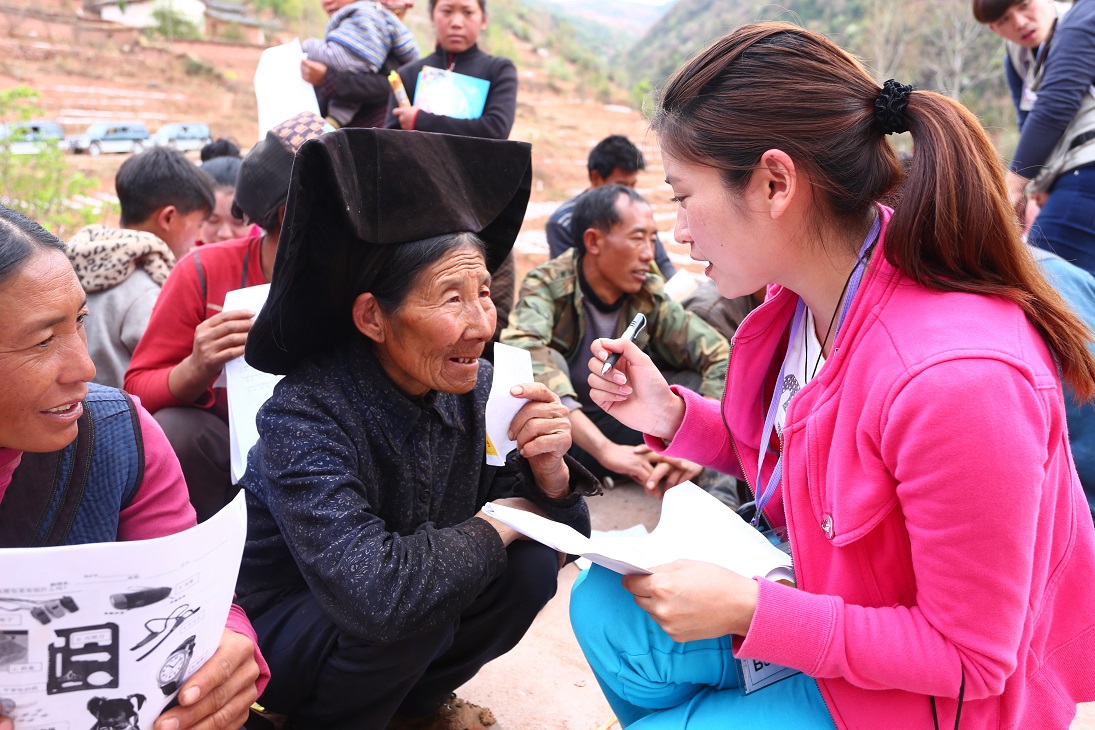You are here
D03-8:Research Methodology for Disaster and Medical Humanitarian Response

D03-8:Research Methodology for Disaster and Medical Humanitarian Response

Course Information
(This course is developed and contributed by the academic and technical team of CCOUC at the Faculty of Medicine, the Chinese University of Hong Kong. The content of this online course is partially based on the teaching materials developed at CUHK and University of Oxford in the relevant subject areas)
Notes:
1) The 8th cohort is now open for registration and study on a first-come-first-served basis. Upon registration, students are allowed to study the course until 31 October 2022 at their own pace. A certificate of completion will be issued for participants who have successfully completed the course.
Participants will receive technical training in research methods and analytical tools to examine and design evidence-based study to address health needs in the context of humanitarian emergencies. The online course covers various research methods used in disaster and humanitarian settings, such as quantitative, qualitative, and mixed methods.
- Gain knowledge about health risk, impact and outcomes associated with various types of disasters
- Understand the rationale and able to identify gaps of research in disaster and humanitarian settings
- Acquire the skills for designing, implementing research and collecting data to examine health impacts of disasters and conflicts with ethical issues and context
- Comprehend research techniques and able to critically appraise research literature
- Understand the process in disseminating research finding in order to increase our understanding and improve evidence-based practice
- The principles of health, public health, and disasters
- Rationale for disaster research
- Process of disaster research
- Types of quantitative and qualitative research methods
- Strengths and weaknesses of each research method
- To identify appropriate methods to study disaster research
- To interpret studies with quantitative and qualitative statistical data
- To describe the strengths and weakness of each method
- To conduct a research from designing to publishing
- Introduction to Health and Disaster Research
- Planning a Research Project
- Quantitative Research Methods in Disaster and Humanitarian Settings Part 1
- Quantitative Research Methods in Disaster and Humanitarian Settings Part 2
- Qualitative Research Methods in Disaster and Humanitarian Settings
- Mixed Research Methods in Disaster and Humanitarian Settings: Health Assessments
- Disseminating Research Findings
Assessment in the course:
- Short self-assessment quizzes to help students gauge their understanding of the course (quiz 1-4), and
- A longer final quiz at the end of the course. All questions are randomly drawn from a question bank. There is no upper limit to the number of attempts for all quizzes.
Students achieving 60% or higher in the final quiz will be issued a certificate of completion.
|
Assessment Scheme |
Description |
Passing Grade |
|
Quiz 1 Quiz 2 Quiz 3 Quiz 4 Final Quiz |
10 MCQs administered after Lesson 1 10 MCQs administered after Lesson 2 10 MCQs administered after Lesson 5 10 MCQs administered after Lesson 6 10-15 MCQs administered after Lesson 7 |
80% or more 80% or more 80% or more 80% or more 60% or more |




